In this section www.bms.co.in brings to all you BMS students information regarding the top Business Houses of India. For a manager in the making this section holds a lot of importance, it not only provides you with information regarding the best business houses, it motivates you to become a top-notch executive with these companies, or maybe get inspired to create a similar super-successful business house.
In India every second thing you use or retail outlet you go to turns out to be a Tata enterprise. The salt in your food, the car you drive, the electronics you buy, the tea you drink, the premium five star hotels you love to go to, the list of Tata enterprises surrounding you doesn’t seem to end.
This company that connects to every Indian in some way or the other comprises over 100 operating companies in seven business sectors: communications and information technology, engineering, materials, services, energy, consumer products and chemicals. The group has operations in more than 100 countries across six continents, and its companies export products and services to 150 countries.
Founded by Jamsetji Tata in 1868, Tata’s early years were inspired by the spirit of nationalism. It pioneered several industries of national importance in India: steel, power, hospitality and airlines. In more recent times, its pioneering spirit has been showcased by companies such as TCS, India’s first software company, and Tata Motors, which made India’s first indigenously developed car, the Indica, in 1998 and recently unveiled the world’s most affordable car, the Tata Nano.
Tata Steel is among the top ten steelmakers, and Tata Motors is among the top five commercial vehicle manufacturers, in the world. TCS is a leading global software company, with delivery centres in the US, UK, Hungary, Brazil, Uruguay and China, besides India. Tata Global Beverages is the second-largest player in tea in the world. Tata Chemicals is the world’s second-largest manufacturer of soda ash and Tata Communications is one of the world’s largest wholesale voice carriers.
In tandem with the increasing international footprint of Tata companies, the Tata brand is also gaining international recognition. Brand Finance, a UK-based consultancy firm, valued the Tata brand at $18.16 billion and ranked it 39th among the top 500 most valuable global brands in their BrandFinance® Global 500 2013 report. In 2010, BusinessWeek magazine ranked Tata 17th among the ’50 Most Innovative Companies’ list.
The current chairman of Tata sons is Cyrus P Mistry, who was pre-ceded by Ratan Tata uptill the year 2006. The major Tata companies are Tata Steel, Tata Motors, Tata Consultancy Services (TCS), Tata Power, Tata Chemicals, Tata Global Beverages, Tata Teleservices, Titan, Tata Communications and Indian Hotels.
Going forward, Tata is focusing on new technologies and innovation to drive its business in India and internationally. The Nano car is one example, as is the Eka supercomputer (developed by another Tata company), which in 2008 was ranked the world’s fourth fastest. Anchored in India and wedded to traditional values and strong ethics, Tata companies are building multinational businesses that will achieve growth through excellence and innovation, while balancing the interests of shareholders, employees and civil society.
Known for being at the top not just for the excellence they achieve in each new field they enter, the Tata group is also known for their huge heart, and when we say that we mean the philanthropic activities they undertake. Among the popular activities that this group has undertaken special mentions are of the Tata institute of social sciences, Tata Memorial hospital, Tata institute of Fundamental Research and provision of funds for the the Tata Hall a new building at the prestigious Harvard Business School (HBS)used for the institute’s executive education programmes.
Also, the very famous and heart touching, examples of how after the Mumbai terrorist attacks (26/11), Salaries of then heavily attacked Taj Hotel employees were paid despite the hotel being closed for reconstruction. About 1600 employees were provided food, water, sanitation and first aid through employee outreach centres. Ratan Tata personally visited families of all the employees that were affected. The employee’s relatives were flown to Mumbai from outside areas and were all accommodated for 3 weeks.
Tata also covered compensation for railway employees, police staff, and pedestrians. The market vendors and shop owners were given care and assistance after the attacks. A psychiatric institution was established with the Tata Group of Social Science to counsel those who were affected from the attacks and needed help. Tata also granted the education of 46 children of the victims of the terrorist attacks provided salaries to all employees.
The Tata group can be considered as the true example of a corporate giant with a huge heart!


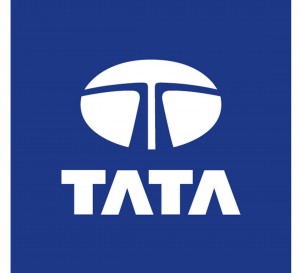
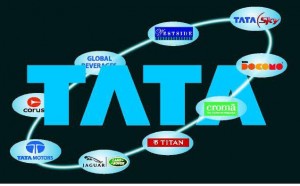
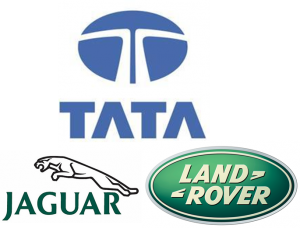
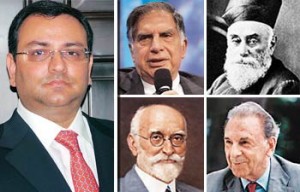
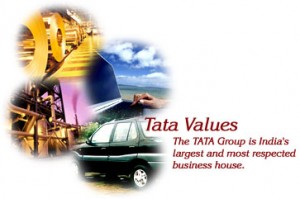

4 Comments